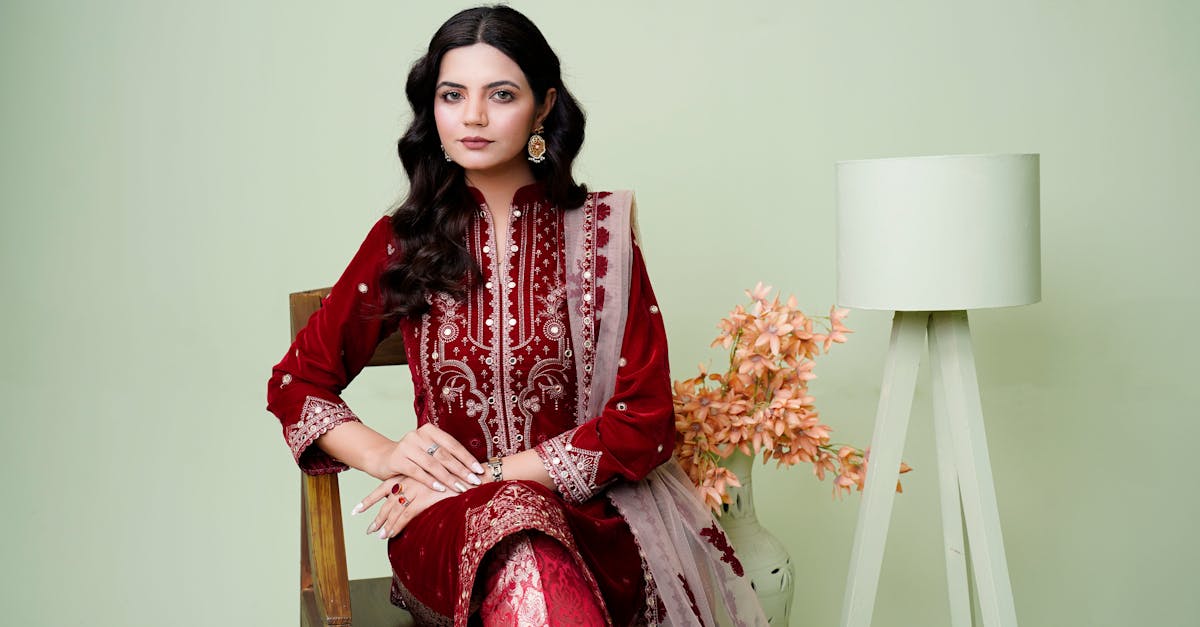Mindful Fashion Innovations
Introduction to Mindful Fashion
The fashion industry is undergoing a transformation as the world becomes more conscious of environmental and ethical concerns. Mindful fashion innovations are at the forefront, integrating sustainability, technology, and ethical practices into the fabric of the industry. This movement addresses the fashion sector's pressing issues like waste, pollution, and labor rights. With brands adopting eco-friendly materials and responsible production methods, the focus is on reducing the industry's carbon footprint. Technological advancements and consumer awareness are pivotal drivers in this transformation. As demand for mindful fashion grows, it promises to redefine the future of apparel.
Advertisement
Sustainability in Materials
One of the most significant shifts in mindful fashion is the emphasis on sustainable materials. Natural fibers like organic cotton, hemp, and bamboo are gaining popularity due to their minimal environmental impact. Innovations such as lab-grown leather and recycled textiles are reducing reliance on traditional animal-derived materials. Brands are investing in renewable resources and biodegradable fabrics to mitigate waste. Sustainable clothing lines are also adopting plant-based dyes and non-toxic processes. By choosing materials that are kinder to the planet, fashion is no longer just about aesthetics; it's about accountability.
Advertisement
Circular Fashion Economy
The concept of a circular fashion economy is gaining traction, encouraging a shift from the traditional linear 'take-make-dispose' model. In a circular system, products are designed to be reused, repurposed, or recycled effectively, minimizing waste. This involves creating durable garments that can be easily repaired or customized for extended lifespan. Brands are implementing take-back schemes, where consumers can return old clothes in exchange for incentives. Collaborations with recycling companies are also crucial for this model. As brands embrace circularity, they are building a more resilient and sustainable future for fashion.
Advertisement
Ethical Manufacturing Practices
Ethical manufacturing practices are a cornerstone of mindful fashion, focusing on fair labor and safe working conditions. With growing scrutiny on supply chains, ensuring transparency and accountability is vital. Brands are collaborating with fair trade organizations to certify ethical practices in their production processes. Adopting measures like paying fair wages and providing safe working environments ensures respect for human rights. Technology aids in tracing the origin of materials and monitoring compliance. This commitment to ethical values not only benefits workers but also enhances brand reputation and consumer trust.
Advertisement
Technological Innovations
Technology is an enabler of mindful fashion, driving sustainable practices across the industry. Digital tools like 3D modeling, AI, and machine learning streamline design processes, reducing material waste. Smart textiles embedded with sensors offer advanced functionalities, from regulating temperature to health monitoring. Virtual reality and augmented reality are transforming retail experiences, allowing consumers to try on clothes virtually. Blockchain technology enhances transparency, enabling customers to trace the journey of their garments. As tech evolves, it holds the potential to further revolutionize mindful fashion.
Advertisement
Consumer Awareness and Responsiveness
Consumer awareness has become a powerful motivator for brands to adopt mindful practices. Shoppers today are more informed about environmental issues and demand greater accountability from the fashion industry. Social media plays a significant role in raising awareness, with influencers and activists amplifying calls for change. Companies are responding to this shift by offering transparency in their operations and promoting sustainable products. Marketing strategies now highlight eco-friendly practices and authentic storytelling. This reflects a growing trend where mindful consumers choose brands that align with their values.
Advertisement
Challenges and Obstacles
Despite its potential, the mindful fashion movement faces several challenges. High costs associated with sustainable materials and ethical production can be prohibitive for some brands. Scalability is another issue, as traditional supply chains are resistant to change. Consumer habits, such as rapid fashion consumption, also hinder progress. Overcoming these obstacles requires a multi-pronged approach involving collaboration among industry stakeholders, government support, and consumer education. Addressing these challenges is critical for the continued growth and success of mindful fashion.
Advertisement
Innovative Brands Leading the Way
Several innovative brands are pioneering the mindful fashion movement, setting examples for others to follow. Companies like Patagonia, Stella McCartney, and Pangaia are at the forefront, offering sustainable and ethically produced apparel. Start-ups, like Everlane and Reformation, are redefining transparency in supply chains. These brands not only create eco-friendly products but also inspire shifts in consumer behavior through their campaigns. By championing sustainable fashion, they pave the way for a broader industry-wide change.
Advertisement
Future Directions and Prospects
As mindful fashion continues to evolve, the industry is poised for even greater innovation. Research into biodegradable synthetic fibers and sustainable textile dyes holds promise. Investment in technology will further unlock possibilities, such as zero-waste production techniques. Global cooperation will be essential to tackle cross-border challenges and standardize sustainable practices. A future where every garment celebrated sustainability appears within reach. The combination of creative innovation and ethical responsibility promises a vibrant future for fashion.
Advertisement
Conclusion
Mindful fashion innovations are reshaping the industry through sustainable materials, ethical practices, and cutting-edge technology. Brands and consumers alike are embracing this change, driven by awareness of environmental impacts and social responsibility. While challenges remain, collaborative efforts and technological advancements are paving the way forward. With continued commitment, the fashion industry can transition to a more sustainable and transparent model. The mindful fashion movement is not just a trend but a transformative force that heralds a new era for global apparel.
Advertisement








